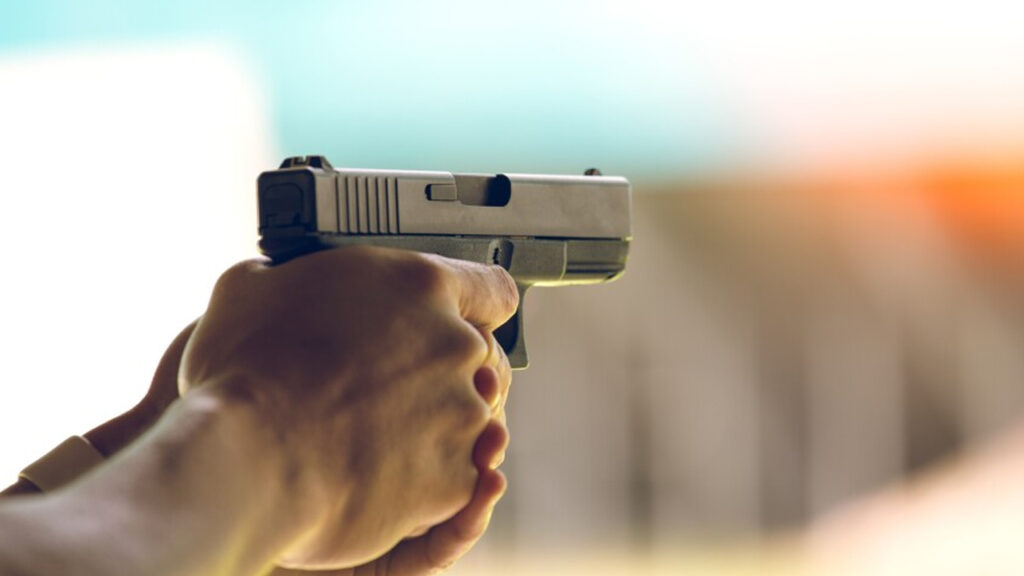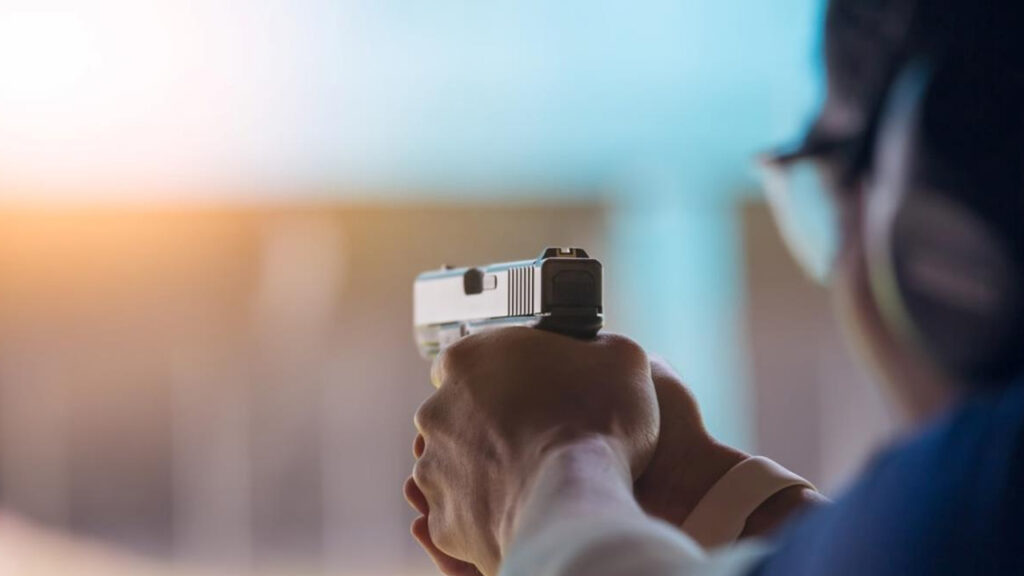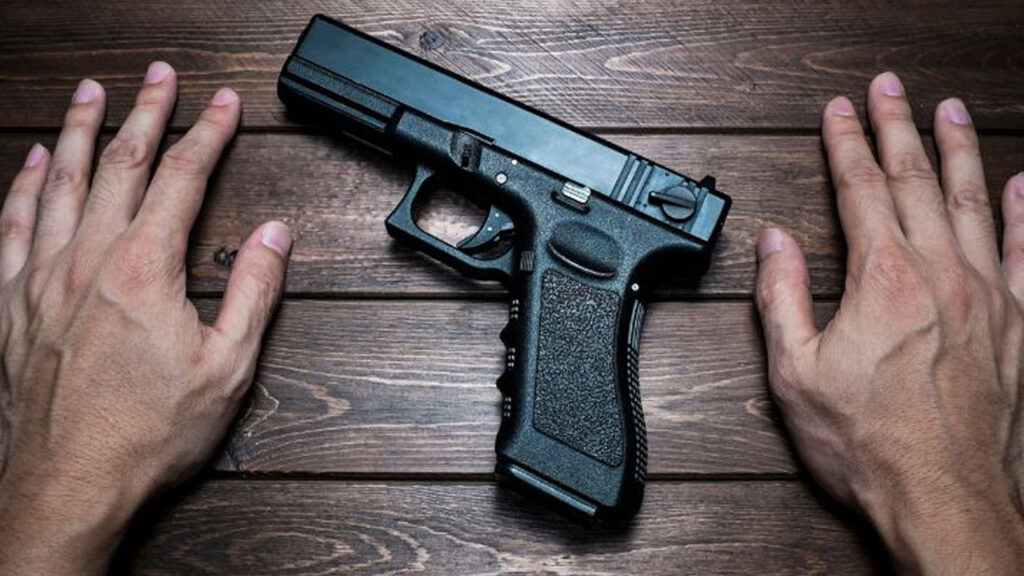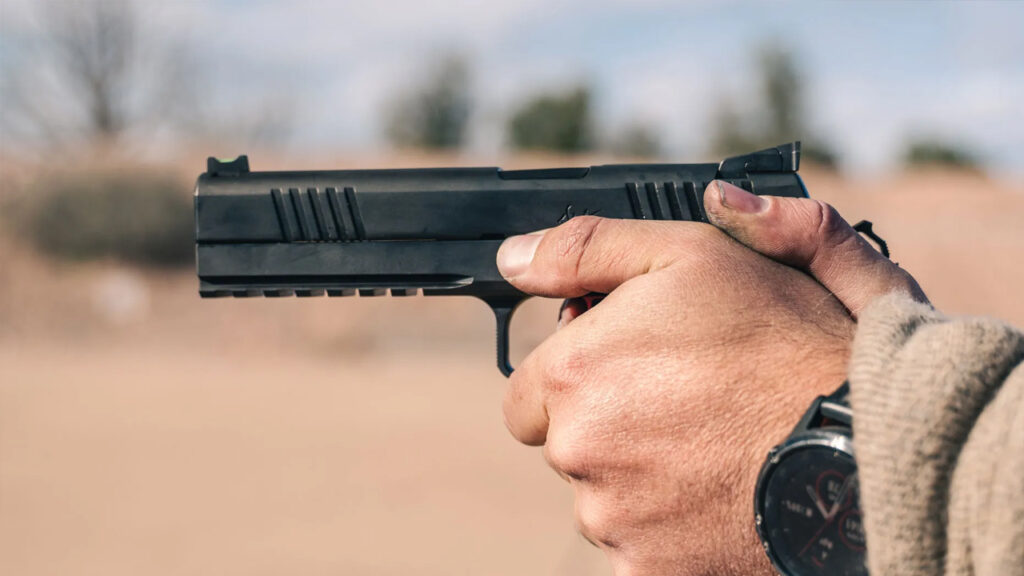Выбор для ставок пин ап казино и знакомство с правилами сайта
Рынок азартных развлечений стремительно растет, запускаются новые клубы, предлагающие огромный ассортимент игр и акций для гемблеров. Каждое заведение хочет выделиться

Hand holding guns, a practice where firearms are gripped manually without the aid of traditional gun mounts or holsters, has sparked intense debate among firearm enthusiasts, law enforcement officials, and policymakers alike. While some view hand-holding as a legitimate shooting technique that offers increased mobility and flexibility, others raise concerns about safety, accuracy, and ethical implications.
For some firearm enthusiasts, hand-holding guns represent a practical and versatile shooting technique that offers several advantages over traditional shooting methods. Proponents argue that hand-holding allows for greater maneuverability, faster target acquisition, and increased situational awareness, making it ideal for dynamic shooting scenarios such as close-quarters combat or tactical engagements. Additionally, hand holding guns can provide a sense of empowerment and control for individuals who prefer a more hands-on approach to firearm handling.
However, it’s essential to acknowledge that the appeal of hand holding guns is not universal, and the practice has its share of critics and detractors. Opponents of hand-holding raise valid concerns about safety, accuracy, and ethical considerations, prompting a closer examination of the risks and benefits associated with this shooting technique.

One of the primary concerns surrounding hand holding guns is the potential for accidents and unintended discharge. Without the stability that a suitable gun mount or holster provides, shooters run the risk of losing control of their firearms, which could result in accidents and injuries. To mitigate these risks, it’s crucial for individuals who choose to hand-hold guns to adhere to strict safety protocols and best practices, including:
By following these guidelines, shooters can minimize the likelihood of accidents and ensure a safe and responsible shooting experience.
Another factor to consider when hand holding guns is the impact on accuracy and precision. Without the support of a stable shooting platform, shooters may experience difficulty achieving consistent aim and control, particularly at longer distances or under challenging conditions. Additionally, the recoil generated by firing a handgun without proper support can lead to increased muzzle rise and decreased shot-to-shot accuracy. To overcome these challenges and maximize accuracy when hand-holding guns, shooters can employ various techniques and strategies, including:
Individuals can improve their accuracy and precision in various shooting scenarios by honing their skills and mastering the fundamentals of hand-held shooting.

In addition to safety and accuracy concerns, hand holding guns also raise legal and ethical questions regarding the use of lethal force and the responsibility of firearm owners. In many jurisdictions, individuals who choose to hand-hold guns must comply with stringent regulations and laws governing the possession, use, and carrying of firearms in public spaces. Failure to adhere to these laws can result in serious legal consequences, including criminal charges and loss of firearm privileges.
Furthermore, there are ethical considerations surrounding the use of lethal force in self-defense situations and the moral obligation of firearm owners to protect themselves and others responsibly. While hand holding guns may offer tactical advantages in certain scenarios, shooters must exercise restraint and judgment to avoid unnecessary violence or escalation.
For individuals interested in exploring hand holding guns further, numerous training and education resources are available to help develop skills and proficiency in this shooting technique. From firearm safety courses to specialized tactical training programs, shooters can find a wealth of resources to enhance their knowledge and expertise in hand-held shooting. Some key training and education resources for hand-holding guns include:
Shooters can acquire the knowledge and skills necessary to hand-hold guns safely and effectively by investing time and effort in training and education.

In conclusion, hand holding guns is a practice that elicits passionate opinions and raises important considerations regarding safety, accuracy, legality, and ethics. While the appeal of hand-holding lies in its versatility and flexibility, shooters must approach this shooting technique with caution and responsibility. Individuals can hand hold guns safely and responsibly by adhering to strict safety protocols, honing their skills through training and practice, and remaining mindful of legal and ethical considerations.
As the debate surrounding hand-holding guns continues to evolve, shooters need to stay informed, seek out quality training and education resources, and engage in thoughtful dialogue about the role of firearms in society. At Advanced Combats, by fostering a culture of safety, responsibility, and respect, shooters can enjoy the benefits of hand-holding guns while minimizing risks and promoting a safer shooting environment for all.

The legality of hand-holding guns varies depending on local, state, and federal laws governing the possession, use, and carrying of firearms. Shooters need to familiarize themselves with relevant laws and regulations in their area before engaging in hand-held shooting.
Shooters should follow strict safety protocols when hand holding guns, including keeping fingers off the trigger until ready to shoot, maintaining awareness of muzzle direction, and ensuring firearms are unloaded when not in use.
Hand holding guns can make accuracy and precision more difficult because they lack the stability that traditional gun mounts or holsters provide. However, shooters can improve accuracy through proper technique, training, and practice.
One common misconception is that hand holding guns are inherently unsafe or impractical. While hand-holding does present unique challenges, with proper training and precautions, shooters can hand hold guns safely and effectively.
Numerous certified firearm instructors, shooting schools, and online resources offering training and education in handheld shooting techniques. Researching and choosing reputable sources that prioritize safety and quality instruction is essential.
Рынок азартных развлечений стремительно растет, запускаются новые клубы, предлагающие огромный ассортимент игр и акций для гемблеров. Каждое заведение хочет выделиться
Bitcoin Casino Free Spins ֍ Play Btc Which have Totally free Revolves For Register Articles Clean Casino Best Bitcoin Gambling